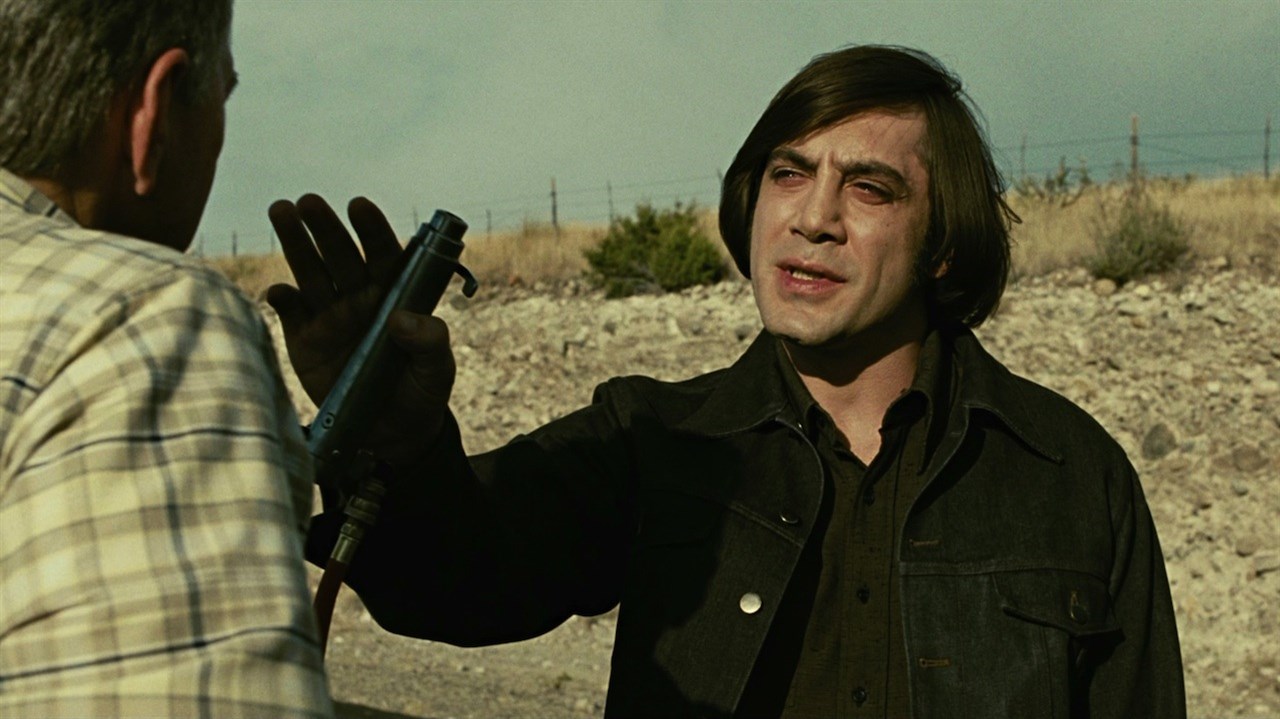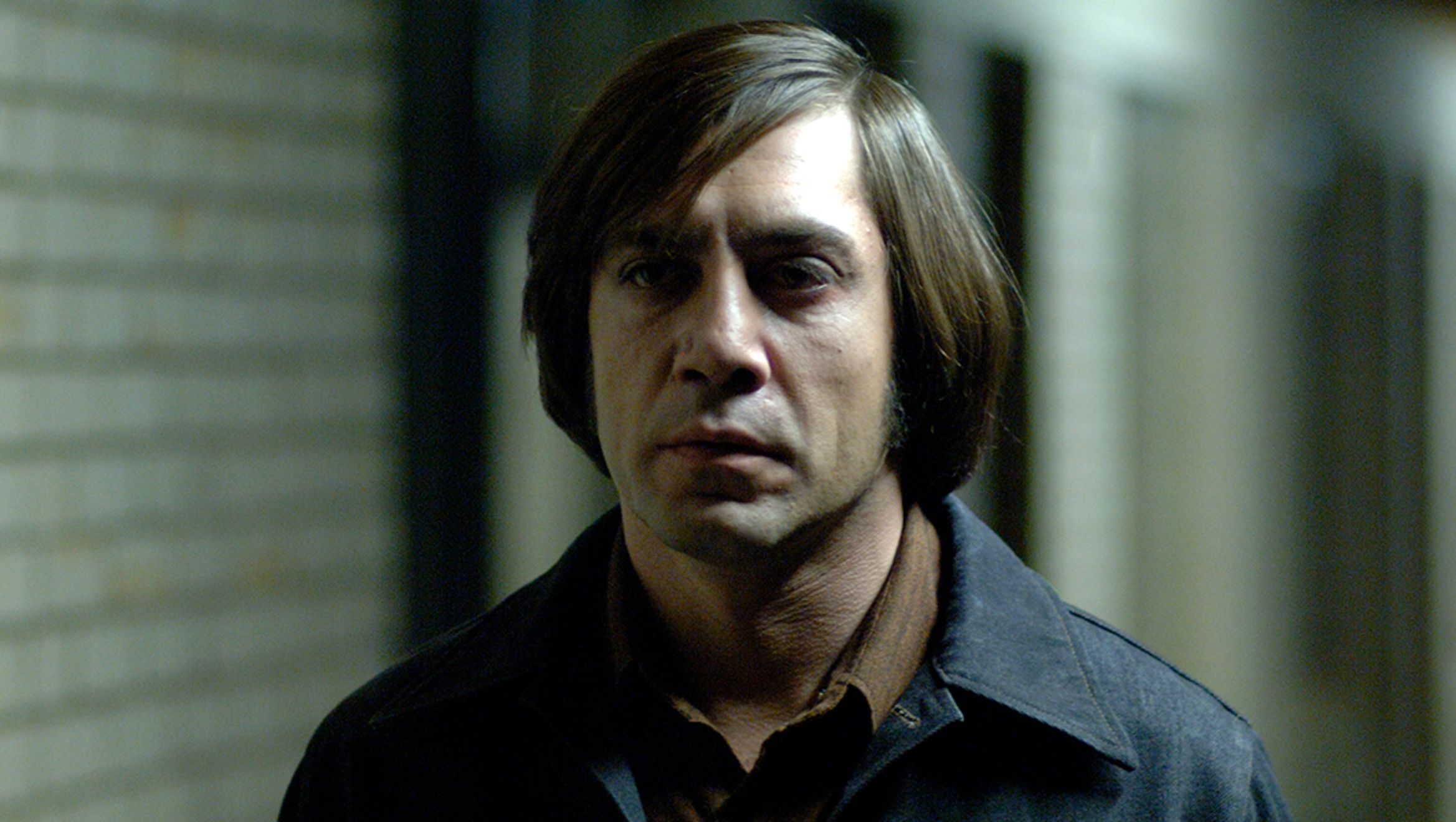"No Country for Old Men (2007): A Haunting Meditation on Fate, Violence, and Moral Decay"
Released in 2007 and directed by Joel and Ethan Coen, No Country for Old Men is a masterfully crafted neo-Western crime thriller that explores the dark undercurrents of violence, morality, and the uncontrollable forces of fate. Adapted from Cormac McCarthy’s 2005 novel of the same name, the film is widely regarded as one of the Coen brothers’ greatest achievements and a modern American classic. It received critical acclaim upon release and went on to win four Academy Awards, including Best Picture, Best Director, Best Adapted Screenplay, and Best Supporting Actor.
Set in the barren landscapes of West Texas in 1980, the film begins when Llewelyn Moss (Josh Brolin), a welder and Vietnam War veteran, stumbles upon the aftermath of a drug deal gone horribly wrong. Among the dead bodies and vehicles, he finds a suitcase containing $2 million in cash — a discovery that sets off a violent chain of events. Moss takes the money, knowing full well that someone will come looking for it. That someone turns out to be Anton Chigurh (Javier Bardem), a cold, emotionless hitman with a chillingly methodical approach to violence.
Chigurh is a figure of pure menace, wielding a captive bolt pistol as his weapon of choice and frequently deciding people's fates with the flip of a coin. Bardem’s performance is iconic — quiet, terrifying, and utterly unforgettable. His portrayal of Chigurh earned him an Oscar and has since been recognized as one of the greatest screen villains in film history. He is not simply a killer; he is a symbol of chaos and inevitability, a personification of death that moves through the world with eerie calmness.
Meanwhile, the aging Sheriff Ed Tom Bell (Tommy Lee Jones) tries to make sense of the rising tide of violence in his jurisdiction. Bell, a deeply moral and reflective man, serves as the philosophical heart of the film. His narration and observations underscore the generational shift he witnesses — a world becoming darker, more senseless, and more disconnected from the values he once upheld. Jones gives a quiet but powerful performance, conveying a profound sense of weariness and disillusionment.

The Coen brothers’ direction is precise and restrained. The film eschews a traditional score, relying instead on ambient sound and silence to build tension. Cinematographer Roger Deakins captures the harsh beauty of the Texas landscape with stark realism, emphasizing the film’s bleak and unforgiving tone.
No Country for Old Men refuses to offer easy resolutions. It’s not about justice or heroism but about the inevitability of change and the randomness of fate. Its abrupt ending and moral ambiguity challenge the viewer, inviting reflection rather than satisfaction. The film stands as a bleak meditation on a world slipping beyond comprehension — a place where even the most principled men struggle to find their place.
In its quiet intensity, philosophical depth, and unrelenting tension, No Country for Old Men remains one of the most powerful and unsettling films of the 21st century.




